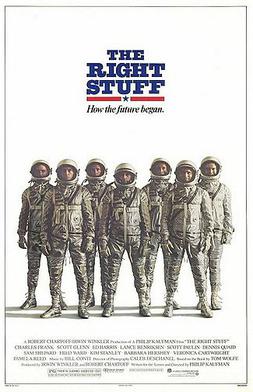 |
| Brooke Adams and Donald Sutherland in Invasion of the Body Snatchers |
Elizabeth Driscoll: Brooke Adams
Jack Bellicec: Jeff Goldblum
Nancy Bellicec: Veronica Cartwright
Dr. David Kibner: Leonard Nimoy
Dr. Geoffrey Howell: Art Hindle
Katherine Hendley: Lelia Goldoni
Running Man: Kevin McCarthy
Taxi Driver: Don Siegel
Director: Philip Kaufman
Screenplay: W.D. Richter
Based on a novel by Jack Finney
Cinematography: Michael Chapman
Production design: Charles Rosen
Film editing: Douglas Stewart
Music: Danny Zeitlin
Speaking of remakes, as I did recently, there are few more successful than Philip Kaufman's version of Invasion of the Body Snatchers, first filmed by Don Siegel in 1956. Siegel's film was informed by the red scares of the 1950s, which had faded into a more free-floating paranoia 18 years later when Kaufman returned to the material. Siegel was perfectly happy to go along with the idea of remaking the story, and contributed an amusing cameo as a cabbie in Kaufman's film. Kaufman also wittily used the star of Siegel's version, Kevin McCarthy, in a bit as the "running man" who races through San Francisco streets shouting "They're coming! They're coming!" It's the wit that pervades Kaufman's version that makes it such a worthy successor to Siegel's more straightforward sci-fi horror film. There's a blink-and-you'll-miss-it moment in which we see Robert Duvall as a priest on a playground swing and ask ourselves "Was that ...?" There's the casting of Leonard Nimoy as a psychiatrist possessing the same sangfroid as Mr. Spock, a more benevolent alien being. And there are Jeff Goldblum and Veronica Cartwright (a year before her appearance in Ridley Scott's Alien) as the somewhat loopy Bellicecs. Kaufman has a little trouble establishing the tone of his version, so that it plays better on a second viewing than on a first one, but it's one of the few films in the genre that I'm more than happy to give a repeat viewing.
